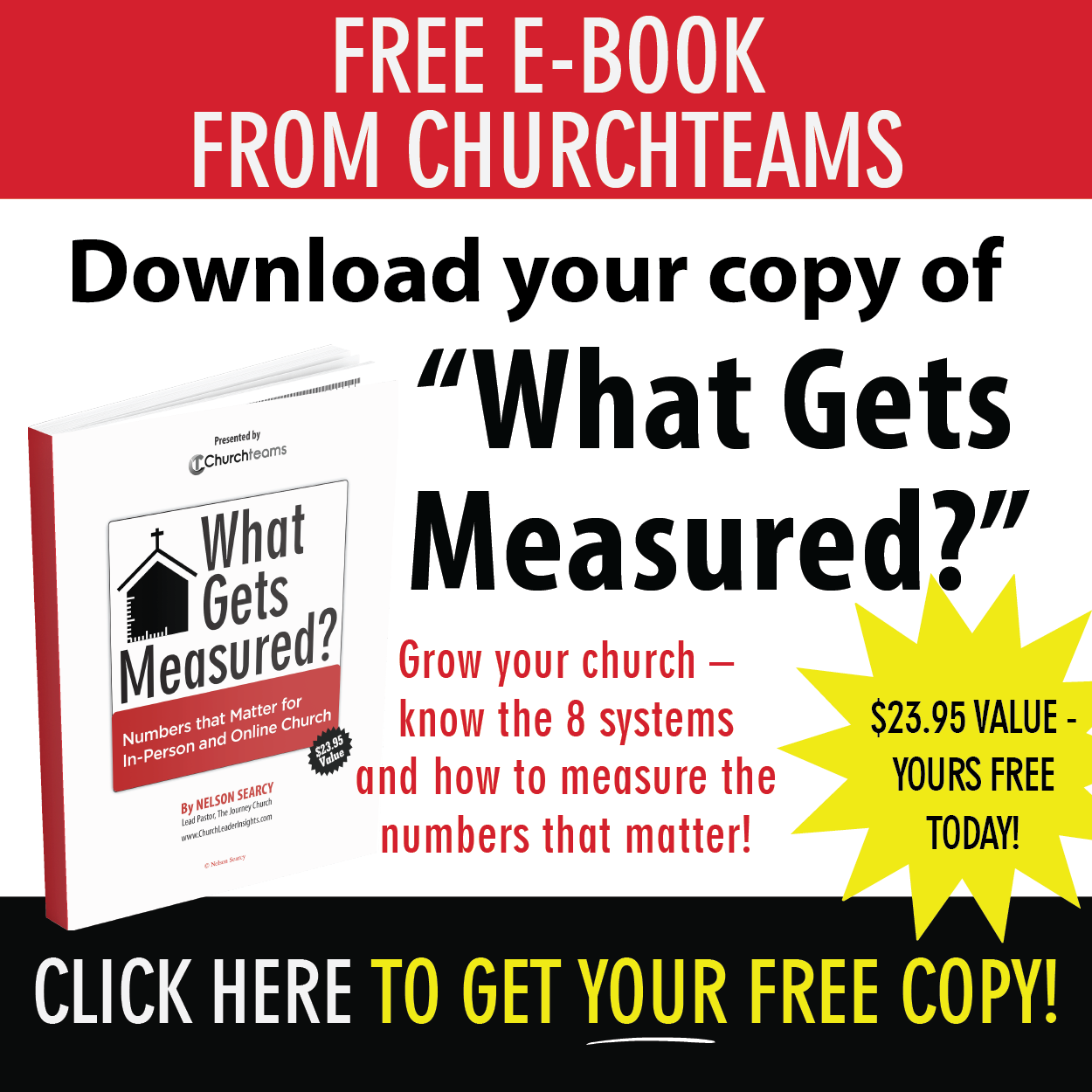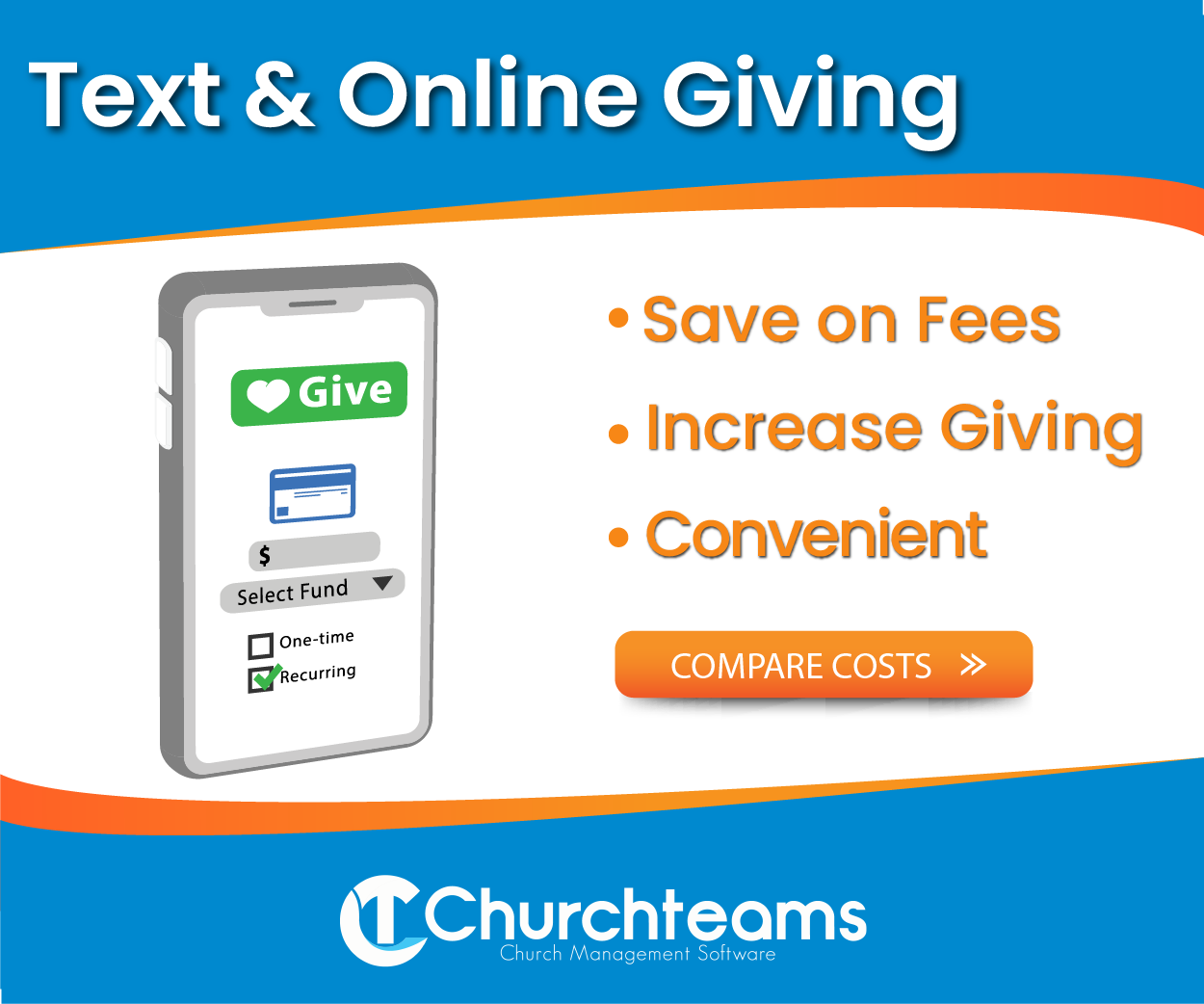A few weeks ago I introduced the idea of virtual outreach. More specifically how to use inbound marketing tools to engage your community. The goal, just like in business, is to get both contact and interest information. The next step is to build a campaign to use this information to address the person's interest and move them toward Christ and the church - assimilation. This is sales in business.
In our business, the sales process begins when someone signs up to learn more and stay in touch with us, does a live or automated webinar, and/or signs up for a 30 day free trial. Each of these represent a different level of interest and response. This weekly blog post goes to everyone as a way to stay in touch with us and learn about Church Management Innovation. Both the webinars and the 30 day trials have automated follow up processes in place to make sure no one falls through the cracks. These include emails, texts, videos, and personal phone calls.













